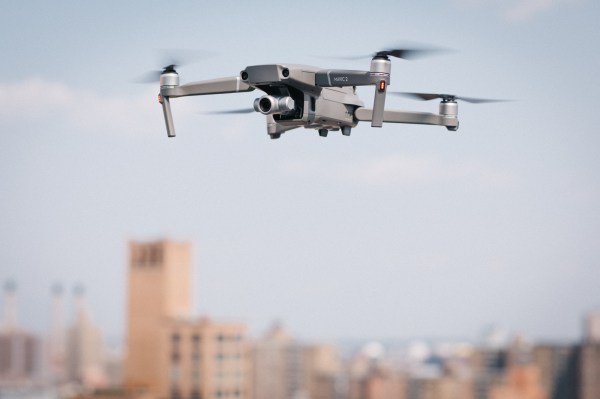DJI is adding receivers to help drones avoid plane and helicopter collisions – TechCrunch - 2 minutes read

At an event in Washington D.C. today, DJI unveiled plans to help avoid potentially life-threatening drone disasters. At the top of the list is the company’s promise to add AirSense technology to all of its models weighing more than 250 grams (~half a pound), which goes into effect January 1 of next year.
The feature senses Automatic Dependent Surveillance-Broadcast (ADS-B) signals, alerting the drone pilot if the system is within range of a helicopter or airplane. The technology is transmitted from aircrafts, capable of being detected miles away — well before the drone pilot on the ground. DJI says this is the largest deployment of ADS-B to date.
The addition of ADS-B receiver follows a number of drone-related issues are around airports, including January’s Heathrow closure after one was sighted near its runways. The explosion of drone ownership has left many governments scrambling to enact laws aimed at avoid close calls.
It’s the first of a ten-point plan the drone giant is enlisted, designed to help maintain drone safety. The full list is as follows,
-
DJI will install ADS-B receivers in all new drones above 250 grams
-
DJI will develop a new automatic warning for drone pilots flying at extended distances
-
DJI will establish an internal Safety Standards Group to meet regulatory and customer expectations
-
Aviation industry groups must develop standards for reporting drone incidents
-
All drone manufacturers should install geofencing and remote identification
-
Governments must require remote identification
-
Governments must require a user-friendly knowledge test for new drone pilots
-
Governments must clearly designate sensitive restriction areas
-
Local authorities must be allowed to respond to drone threats that are clear and serious
-
Governments must increase enforcement of laws against unsafe drone operation
DJI is being understandably proactive here. The company will no doubt be under scrutiny as the major player in the consumer drone space. The above list manages to split the work between drone manufactures and governments. Of course, adhering to this will also be in the hands of the drone pilots themselves.